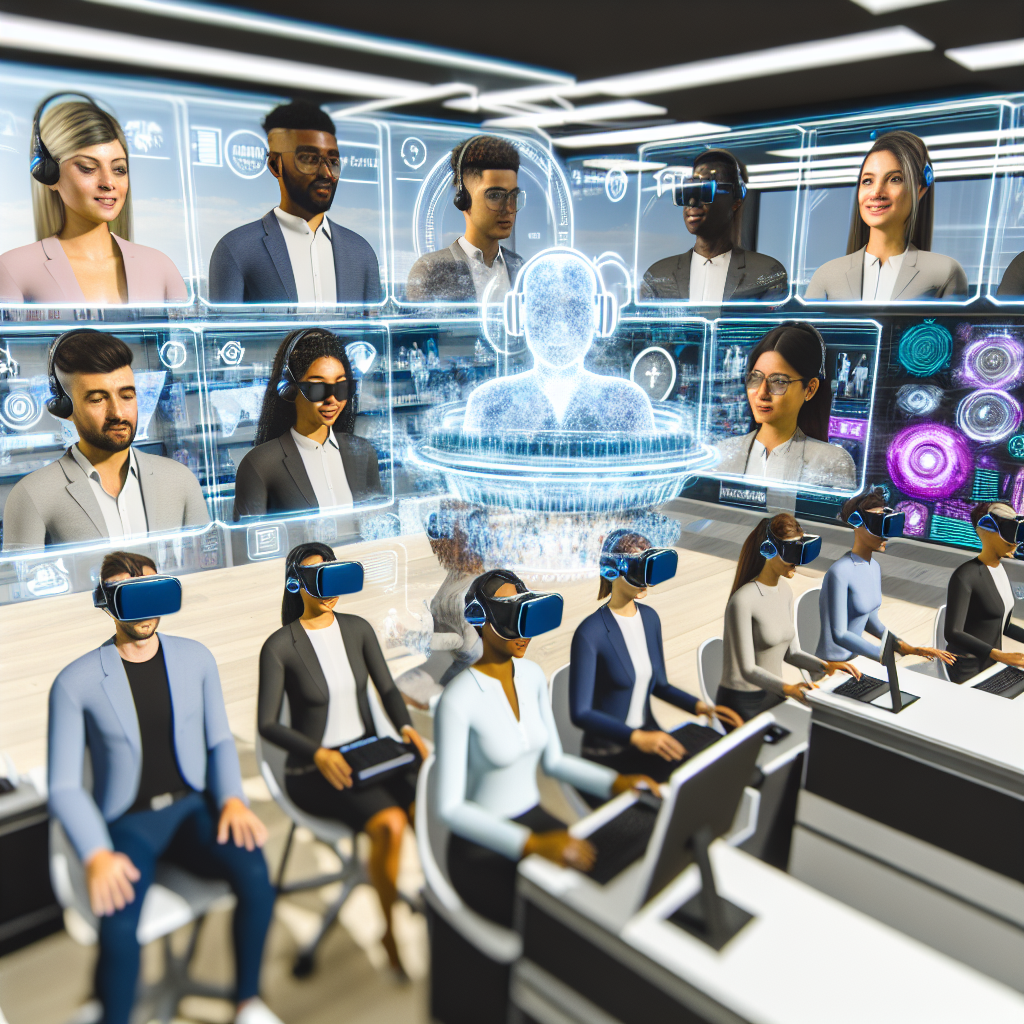Revolutionizing Retail Training: The Transformative Power of AI in Employee Development

"AI is now allowing us the choice of how we deploy a multitude of life-like scenarios that will elevate employee mastery in interpersonal interactions. This also makes for a perfect collaborative tool for the learning designer and will holistically elevate brands and drive customer experience and business metrics."
```html
Transforming Retail Training with AI
The retail industry is undergoing a significant transformation, driven by advancements in artificial intelligence (AI). The recent article "How AI is already advancing retail training and what’s next" highlights how AI is revolutionizing employee training in this sector. This forward-thinking analysis showcases how AI's capabilities extend beyond mere speed in content generation, emphasizing its potential to create immersive, personalized learning experiences.
Beyond Speed: The True Power of AI
While the rapid generation of training content is a noteworthy benefit, the article suggests that speed should not be the sole focus. AI's true value lies in its ability to develop engaging, bite-sized learning modules infused with real-world scenarios and dynamic feedback loops. This approach fosters deeper behavioral change, effectively bridging the gap between theoretical knowledge and practical application.
Immersive Simulations for Real-World Learning
The article underscores the importance of immersive simulations in retail training. By enabling employees to practice and repeat tasks in a risk-free, virtual environment, AI-driven simulations help bridge inconsistencies in employee and customer experiences. This innovative approach not only enhances skill acquisition but also ensures a more consistent and high-quality customer service.
The Future: Hyper-Personalized Learning
AI's potential to deliver hyper-personalized learning experiences is a game-changer. Acting as a "learning co-pilot," AI tailors training content to individual learning styles and career goals, thus meeting the evolving expectations of the modern workforce. This personalized touch is crucial for the development and retention of retail employees, particularly among Millennials and Gen Zers who prioritize continuous skill development.
Conclusion
The article makes a compelling case for the adoption of AI in retail training, illustrating how its application can lead to significant improvements in customer service, employee development, and operational efficiency. As AI technology continues to evolve, its integration into training programs promises to empower retail employees, drive business results, and elevate customer experiences to new heights.
```
